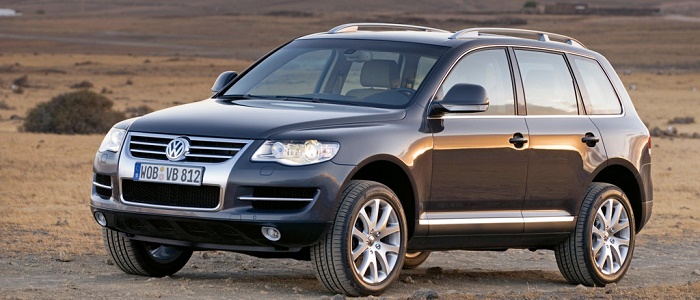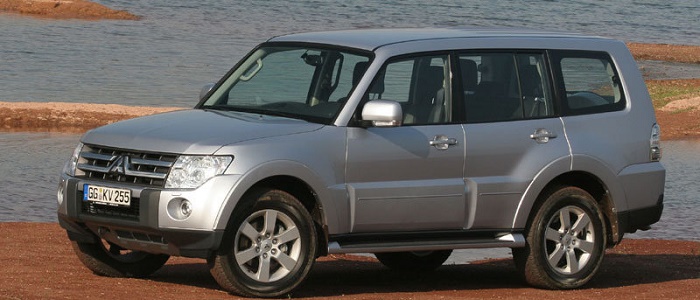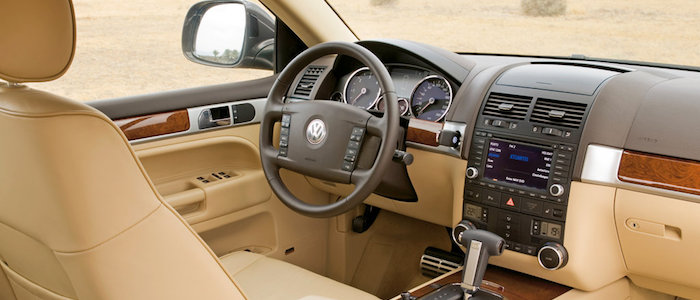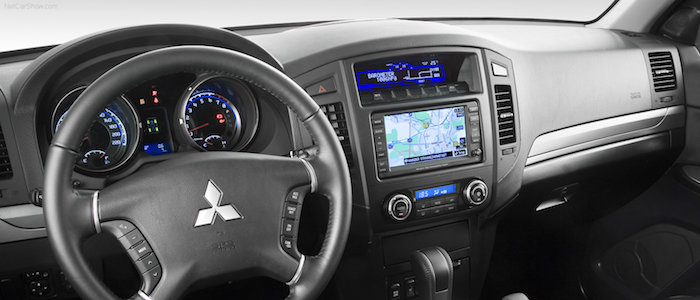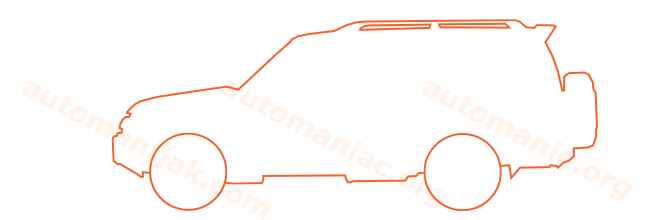Compare two cars
Compare any two cars and get our Virtual Adviser™ opinion
Dimensons & Outlines
Check vehicle history
Engine
Performance (manual gearbox)
Performance (automatic gearbox)
Expenses
Virtual Adviser's™ opinion
Well, these are two pretty similar cars we have here! It's only details that could potentially make the difference. Considering they both belong to the suv segment and utilize the same 5-door suv body style and the 4 x 4 wheel drive system, it all comes up to the specific diesel engine choice they offer. The first one has a Volkswagen-engineered powertrain under the hood, a 10-cylinder, 20-valves 350hp unit, while the other one gets its power and torque from a 4-cylinder, 16-valves 200hp engine designed by Mitsubishi.
SafetyThe fact that the Volkswagen got tested by the European New Car Assessment Programme (Euro NCAP), while the other contender didn't, puts it sky-high safety-wise, in my eyes at least. That aside, let's consider some other aspects which affect safety. Both vehicles belong to the suv segment, which is generally a very good thing safety-wise, still it doesn't help us solve our dilemma, does it? Furthermore, if we'd like to consider vehicle mass in this context too, which we definitely should, the German car offers a considerable difference of 13% more metal.
ReliabilityI don't like generalizing things when it comes to reliability, although it does seem that both brands display similar results in faults and breakdowns, when all the models are taken into account. These are the results of an independent reasearch, while our visitors describe reliability of Volkswagen with an average rating of 4.2, and models under the Mitsubishi badge with 4.6 out of 5. Some independent research have also placed Touareg as average reliability-wise, and Pajero is more or less at the same level.We should definitely mention that owners of cars with the same powertrain as the German car rank it on average as 3.0, while the one under the competitor's bonnet gets 4.5 out of 5.
Performance & Fuel economyVolkswagen is way more agile, reaching 100km/h in 4.4 seconds less than its competitor. In addition to that it accelerates all the way to 235 kilometers per hour, 55km/h more than the other car. When it comes to fuel economy an obvious choice would be the Japanese car, averaging around 8.3 liters of fuel per 100 kilometers (34 mpg), in combined cycle. That's 43% difference compared to the German car!
Verdict
Mitsubishi appears just a bit more reliable, although the difference is truly marginal. The most important thing when deciding between any two vehicles should always be safety, both passive and active. In my opinion, everything taken into account, the German car beats the other contender by far, making it the best choice without even considering other things. It all continues in the same direction, with Volkswagen outracing its opponent in any situation possible, making it better choice for boy racers. It does come at a cost though, and that's the fuel consumption... All together, there's not much more to say, in this case I wouldn't even consider anything but Volkswagen. Anyway, that's the most objective conclusion I could've came up with and it's based solely on the information found on this website. Aspects such as design, practicality, brand value and driving experience are there for you to measure them out. I suggest you spend two more minutes in order to find out which car, based on your needs and budget, would be picked by the virtual adviser™, out of 12.000+ vehicles we currently have in our database.























